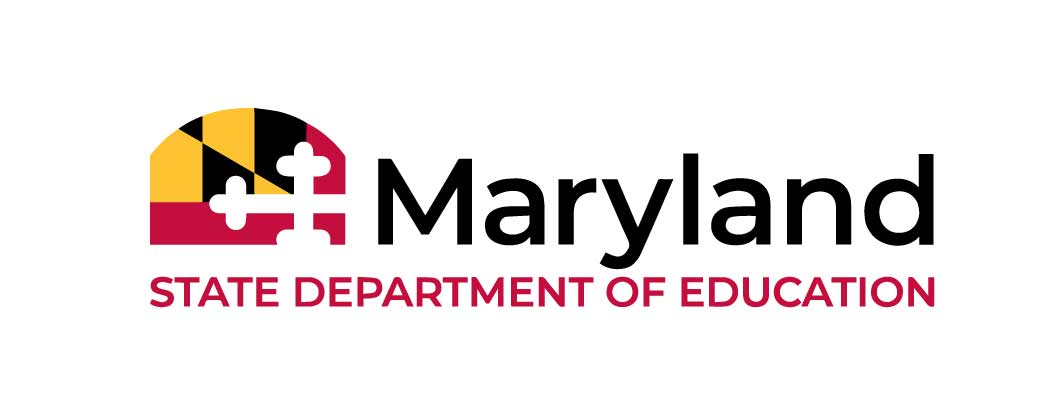Transition Talks: Safety Instruction

As students become adults, they are free to make their own choices. Along with these freedoms comes responsibility. As adults they now have the responsibility to ensure their own personal safety. No one will be constantly looking to make sure they make good decisions. Students must learn how to protect themselves and others while carrying out everyday activities.
Students should gain an understanding about possible threats and precautions they can take to minimize their risk of danger. Personal safety should not be left up to chance. Many threatening situations can be diffused early if the students are empowered with the knowledge to protect themselves. Navigating throughout the community and surrounding areas can be and should be a safe experience. However, things can go wrong. Students also need to know of potential danger in and around their home. Safety is a matter of increased awareness, knowledge and common sense.
Safety instruction should include topics such as self-defense strategies, sexual harassment, sex offenders, stalker safety, protecting personal information/identity theft, cell phone and internet safety, ATM safety, party and dating safety, pedestrian an d public transportation safety, home security and chemical & food poisoning.
Spotlight
The SUCCESS Program – Frederick County Public Schools:
The SUCCESS Program focuses on developing functional academics and skills for independent living and offers students a range of work-based learning experiences. Students in the program are regularly engaged in safety education lessons. Program staff are committed to providing direct instruction that promotes and reinforces safe and healthy living.
Safety topics that are addressed through ongoing, direct instruction include, but are not limited to: fire dangers/safety, Internet/social media safety, travel/community safety, drug/alcohol safety, and personal body safety. Lessons are initially taught in the classroom and reinforced through community-based learning. In addition, the SUCCESS Program has partnered with the Frederick County Sheriff’s Department to deliver monthly lessons that surround safety.
Questions to Consider
- Is there coordination between the school and local first responders such as firefighters, police, and nearby hospitals?
- Are there provisions to maintain clear lines of communication in various emergency scenarios?
- What are the ABCs of safety every student should know?



